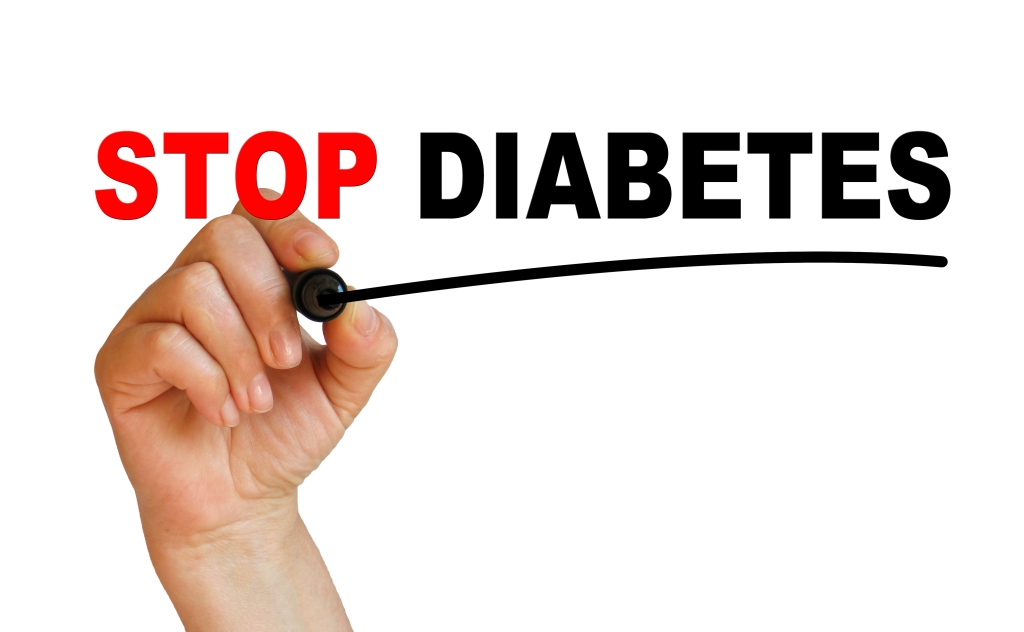Understand and Manage Type 2 diabetes?
Introduction
If you have diabetes, you are not alone. According to the Centers for Disease Control and Prevention, more than 100 million US adults live with diabetes or prediabetes. About 90-95% of all people with diabetes have type 2 diabetes. More than 34 million Americans have diabetes (about 1 in 10), and Another 84.1 Million have prediabetes.
Type 2 diabetes most often develops in people over age 45. As obesity and the Lack of exercise pandemic are getting worse, Now Children, teens, and young adults are also developing it.
Why do you develop Type 2 Diabetes?
Insulin is a hormone produced by your pancreas. It is a key to pushing blood sugar into the cells to burn energy. If you consume predominantly simple processed carbohydrates, your body is consistently bombarded with high loads of sugar which leads to high loads of Insulin. Your cells become resistant to Insulin. Your blood sugar starts increasing. Initially, you become prediabetics and then diabetic. If you do not change your lifestyle, Exercise, and seek medical help, then you will get the complications of diabetes.
Diabetes Symptoms.
If you have any of the following diabetes symptoms, you should consider getting medical help.
- Urinate (pee) a lot, often at night.
- They are very thirsty.
- Lose weight without trying.
- They are starving.
- Have a blurry vision.
- Have numb or tingling hands or feet.
- I feel fatigued.
- Have dehydrated skin.
- Have sores that heal slowly.
- Have more infections than usual.
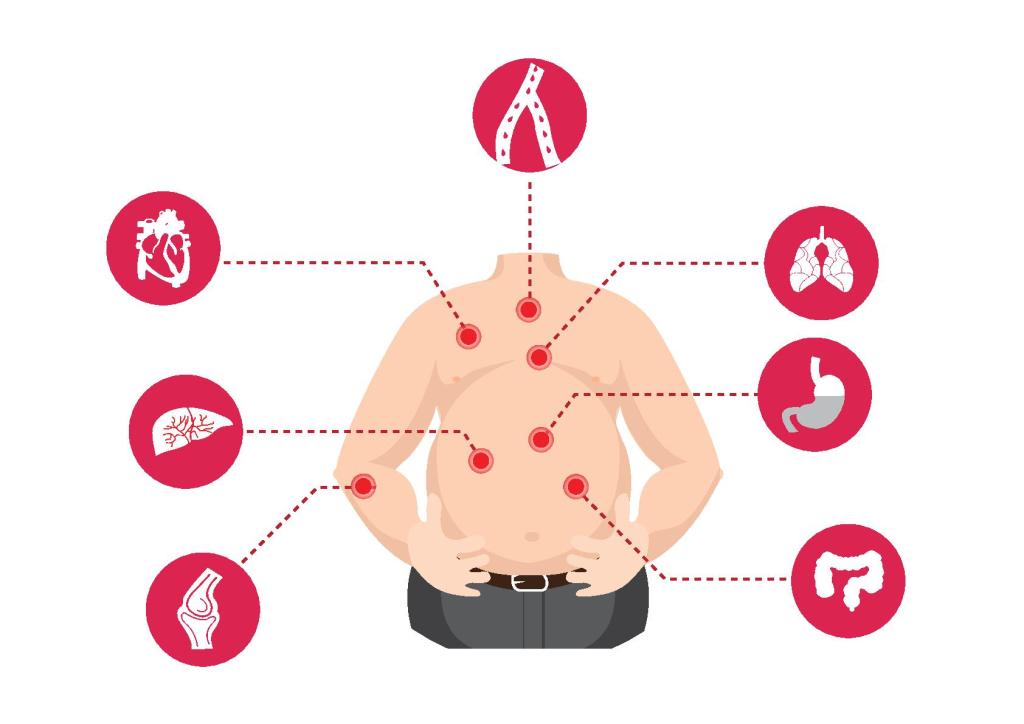
Screening and Diagnosis of Diabetes.
Your doctor will order one or more of the blood tests to confirm the diagnosis.
A1C Test
The A1Ctest measures your average blood sugar level over the past 2 or 3 months. An A1C below 5.7% is normal, between 5.7 and 6.4% indicates you have prediabetes, and 6.5% or higher indicates you have diabetes.
Fasting Blood Sugar Test
This measures your blood sugar after an overnight fast (not eating).
A fasting blood sugar level of 99 mg/dL or lower is Normal.
100 to 125 mg/dL indicates you have prediabetes.
126 mg/dL or higher indicates you have diabetes.
Glucose Tolerance Test
This test measures your blood sugar before and after you drink a liquid that contains glucose.
1.You will fast (not eat) overnight before the test and have your blood drawn to determine your fasting blood sugar level.
2. Then, you will drink the liquid and have your blood sugar level checked 1 hour, 2 hours, and possibly 3 hours afterward.
3.At 2 hours blood sugar level of 140 mg/dL or lower is considered normal.
4.140 to 199 mg/dL indicates you have prediabetes.
Blood sugar 200 mg/dL or higher indicates you have diabetes.
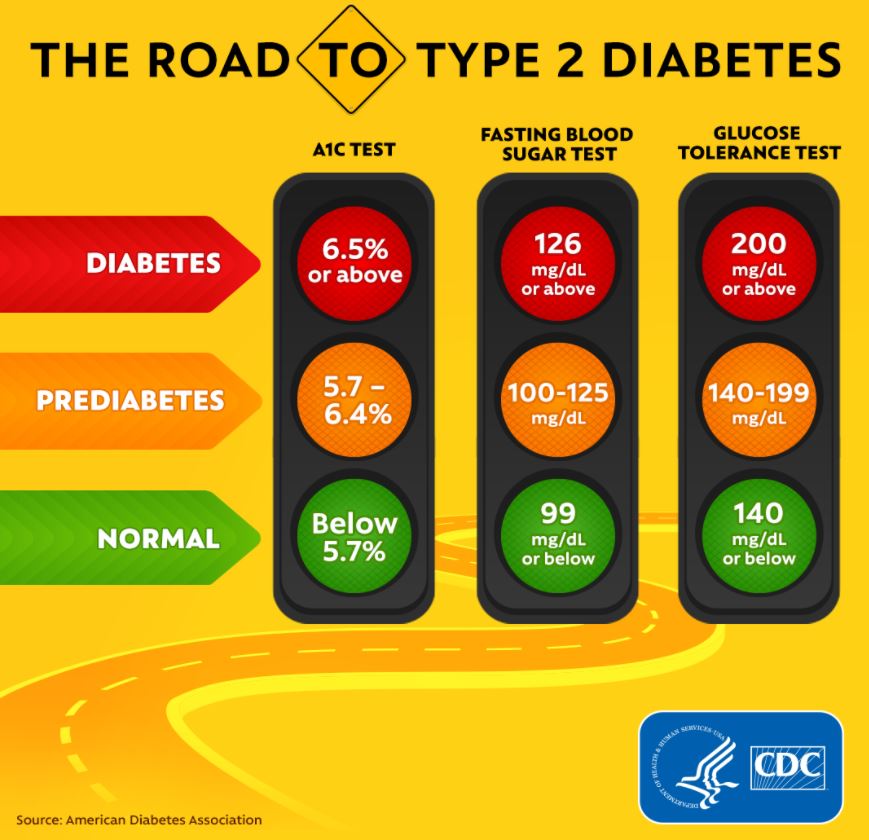
If you have diabetes, then Know the ABCDEF of Diabetes to understand and track your Journey.
A is for Hemoglobin A1c
This test gives the idea about your average blood sugar over the previous three months. Normal HbA1c is below 5.7%. But your health care provider will guide you about your target HbA1c based on your conditions and circumstances. Your Medical team will order this test based on your levels.
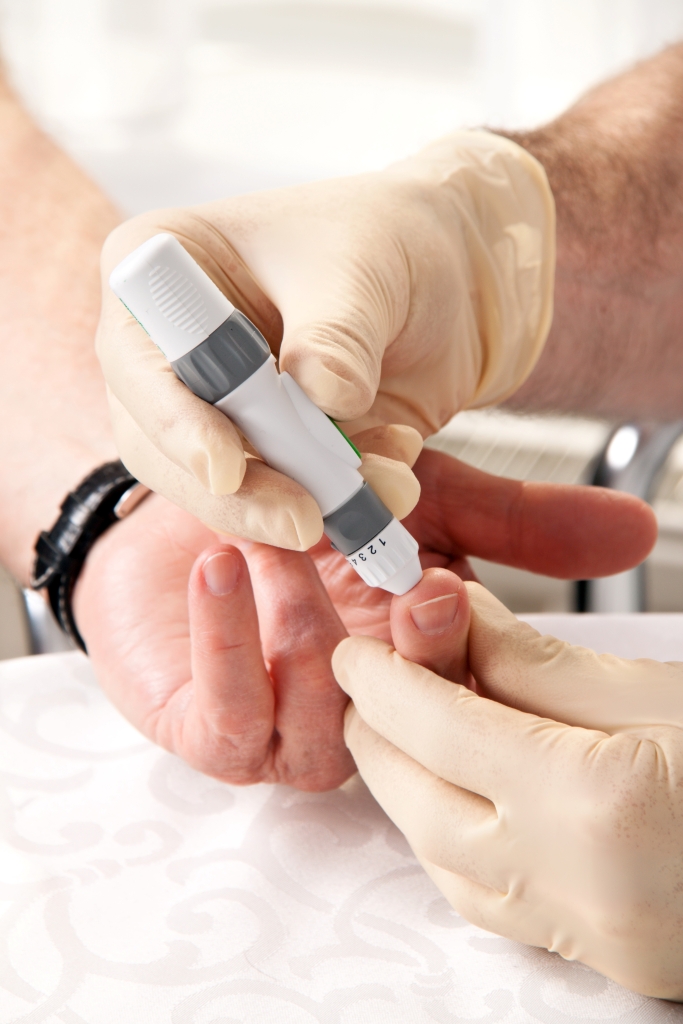
B is for your Blood Pressure and BMI.
The goal for most people with diabetes is less than 140/90. High BP makes your heart work too hard, leading to heart attack, stroke, and Kidney disease. Your general doctor will check your BP and weight every visit.
C is for you, Cholesterol.
Cholesterol is the waxy material found in your foods, and your body can also make it. Cholesterol is need by the body for many critical functions. Once the levels increase above the normal range, they get deposited in the arteries and clog them up, leading to heart attack, stroke, and death. It must be tested once a year.
D is for Diabetic Kidney (Urine Microalbumin) Test.
A urine test tells us about your vascular health. Once diabetes starts affecting the blood vessels. Then, your kidneys have become leaky your start testing for high levels of these proteins in the urine. If it continues, you can develop kidney failure, and you may need dialysis rest of your life. You must have a urine test for kidney health at least once a year.
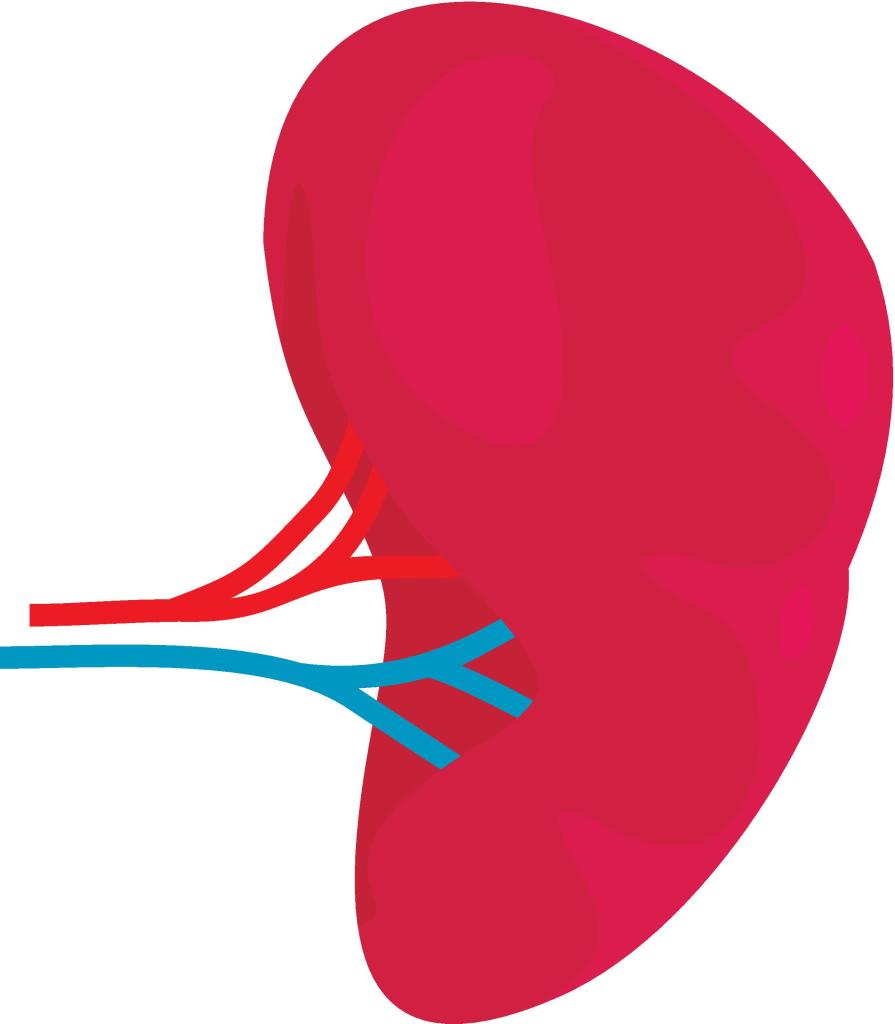
E is for Diabetic Eye Exam.
Your eyes are the window to your vascular health. Your medical doctor will refer you to Eye doctor Yearly.
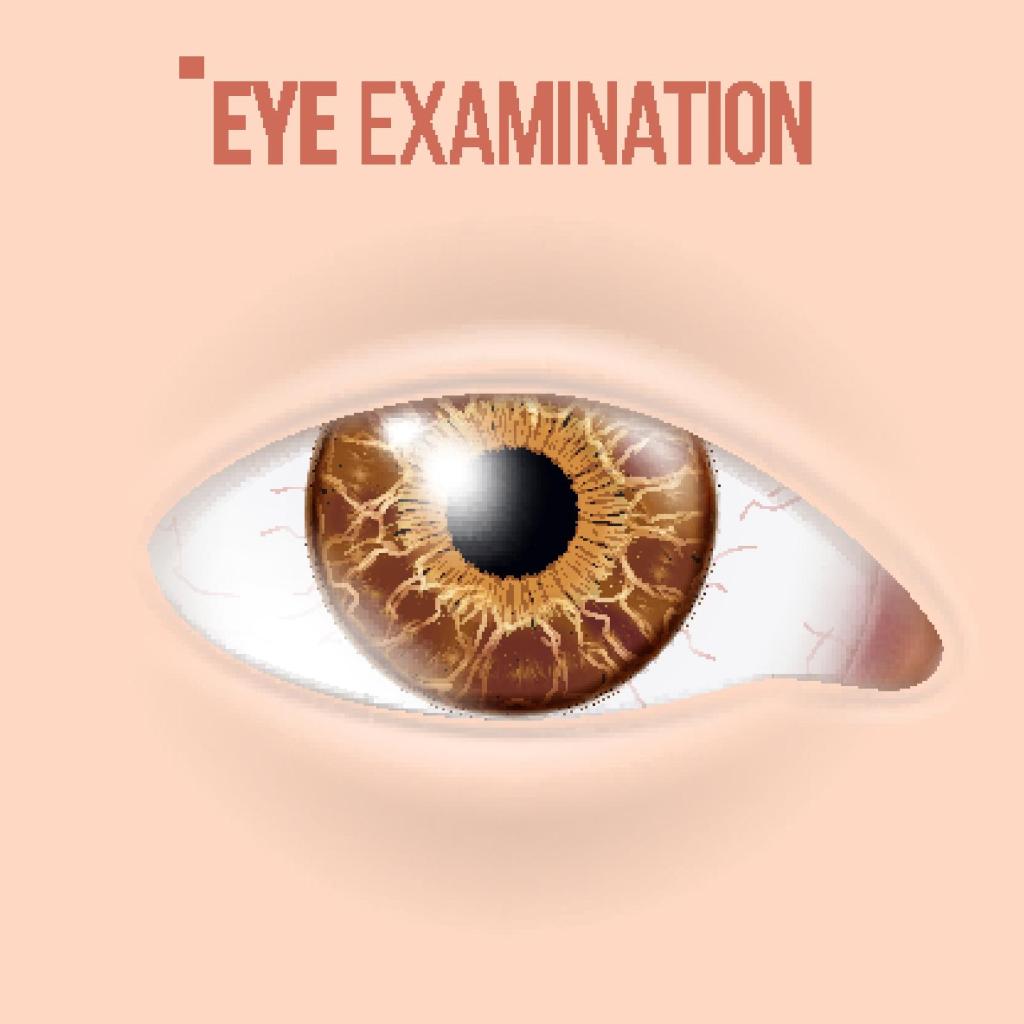
F for Daily Foot Exam.
It will help if you inspect your feet daily for any cracks, calluses. You should report any numbness or tingling to your primary care team. Please request your Medical doctor to examine your feet for any problems.
Diabetes is a serious disease that affects almost every organ system of the body. Type 2 diabetes is preventable. But if you have diabetes, you should.
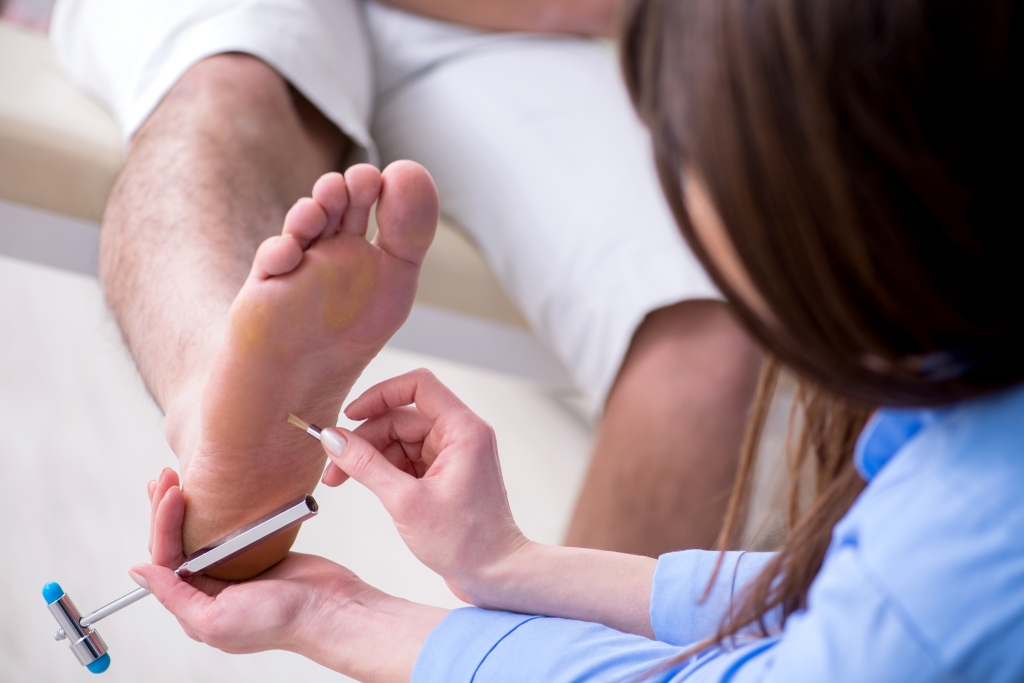
Conclusion
- Know the ABCDEF of Diabetes.
- Change Your diet and Ask your health care team to refer you to a dietitian.
- Start a regular exercise program. Talk to your medical doctor to tailormade your exercise Program!
- Take Your medications as guided by a Medical doctor.
